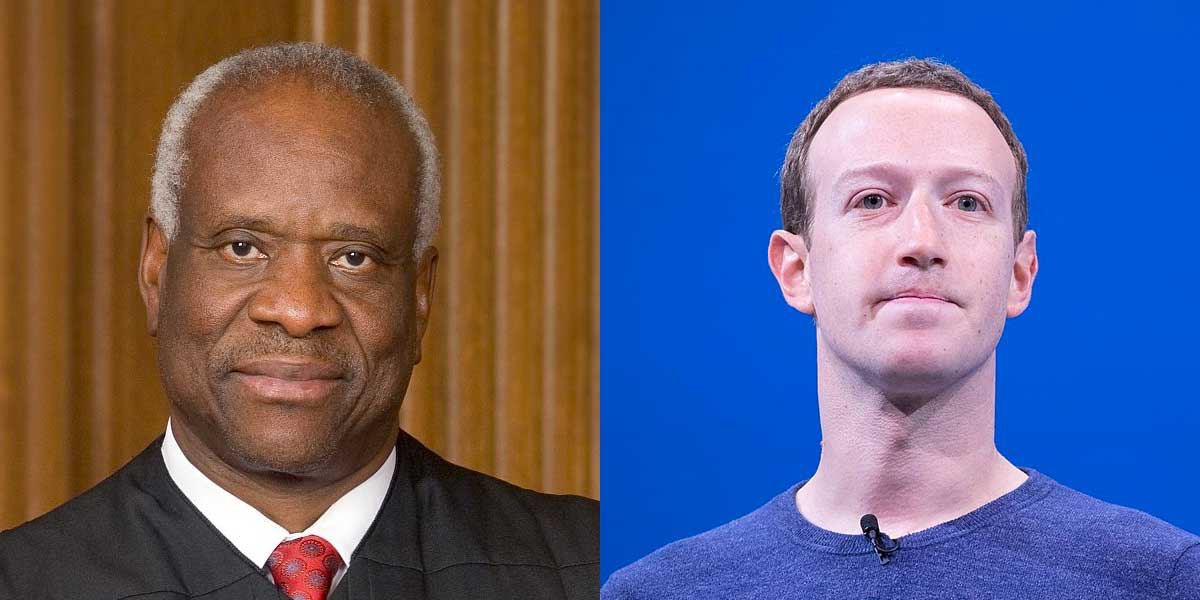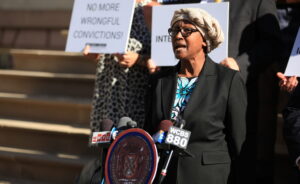
Washington, D.C. – The U.S. Supreme Court has decided not to hear MalwareBytes Inc. v. Enigma Software Group, a Section 230-related case. The Enigma Software case is centered around whether an internet security company is liable for the wrongful designation of its products as malware.
Following this decision, Justice Clarence Thomas wrote about Section 230. Section 230 absolves online platforms from being liable for user posts. Thomas argued that this statute should be narrowly construed and the Supreme Court should weigh in soon “on the sweeping interpretations of Section 230.”
While Thomas agreed with his fellow justices about passing on hearing the Enigma case, he opined that Section 230 should be scaled back through a different case. An example is Jones v. Dirty World Entertainment Recordings LLC where the court determined that “online websites are not liable for defamatory posts even if they select, edit, and prominently feature that content.”
On the other hand, tech companies argue that the purpose of Section 230 is to allow companies to moderate online content as they deem fit. Technically, companies like Facebook and Twitter will not survive without this legislation.
What is interesting to note, is that Republicans and Democrats both agree that tech firms should be held more accountable for misinformation. Republicans further argue that Section 230 allows tech platforms to censor conservative views.
Thomas believes that “the original intention of this law is a far cry from what has prevailed in court.” How will the tech firms react if Section 230 is scaled back?
Thumbnail Credits: Jason M Fyk/Medium
Afia is a lawyer, journalist, an avid traveler, an avid reader, a foodie, and an amateur singer. She enjoys instrumental music with her glass of wine ?



